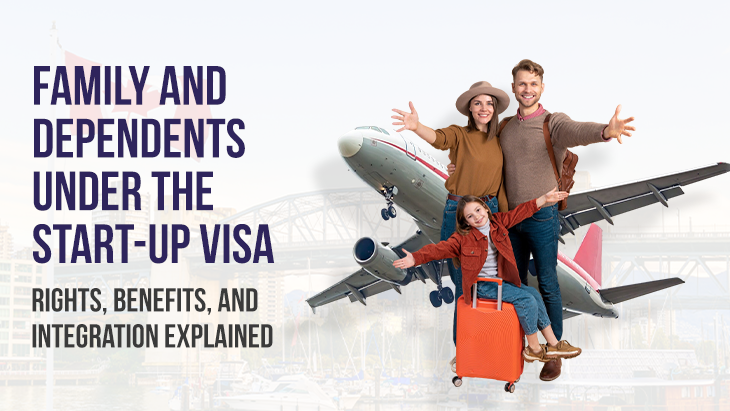Canadian immigrants have various career choices and privileges. The nation is most supportive of immigrants. The federal government has implemented several immigration programs to counterbalance the ageing population.
New immigrants naturally face difficulties while settling in and adjusting to life in Canada. People immigrating to Canada should take certain measures for a smooth living in Canada.
Here Are a Few Tips for Newcomers Immigrating to Canada
1. Open a Canadian Bank Account
This may seem quite obvious, but many people forget to open a Canadian bank account when they arrive. It is essential not only to get your paychecks and manage your income but also to build a good credit history in Canada and facilitate your day-to-day life.
If you are an international student, most popular banks offer accounts free of charge for students, and some even have customer services in different languages.
Some of the most popular Banks in Canada are:
1. RBC
2. Scotia Bank
3. TD Canada Trust
4. CIBC
5. BMO
2. Good mobile phone plan in Canada
For various reasons, a good data plan is vital to coping with a new country. There are several options for Postpaid and Prepaid plans. Postpaid plans are more enjoyable for those who wish to stay longer in the country since it is possible to get a new device and include its price in the monthly bill. Prepaid plans are aimed at those who already have their device and want to use it with any carrier.
Few phone carriers in Canada are:
1. Bell
2. FIDO
3. TELUS
4. Virgin Mobile
3. Apply for a SIN number
Get a Social Insurance Number, which is a nine-digit number. Your SIN will start with a ‘9’ if you are on a temporary work permit in Canada. Don't forget to bring your employment or study permit to your Service Canada appointment.
4. Improve connections
Use networking tools like LinkedIn to meet people born and raised in Canada or who have lived there for a long time to better grasp the local culture and market trends. Consult with experts in your field to determine whether certifications or licenses are required for your job.
To expand your understanding of local best practices, attend conferences, networking events, and workshops near your workplace or residence.
5. Apply for Canadian healthcare
Citizens, permanent residents, and temporary residents of Canada may be eligible for public medical care, which varies by province and covers medical expenses. Each family member will receive a provincial or territory government-issued health card only if qualified.
Newcomers to several provinces and territories may be required to wait for a certain period before becoming eligible for public health insurance. You must apply for temporary private health insurance until you qualify.
6. Get a note of student privileges and things to do
One of the most important things you learn is about your rights, obligations, advantages, and privileges, even before you arrive in Canada. Permanent Residents (PRs) of Canada have many of the same rights and benefits as citizens of Canada, while temporary residents have different rights.
Canada Immigration provides certain rights defined in the Canadian Charter of Rights and Freedoms, which gives legal protection to the people of Canada’s fundamental rights and freedoms.
7. Take help from local organizations and student bodies
Local Newcomers organizations can help you find a place to live or help you get settled in Canada. You can also reach out to them if you have questions about administrative procedures, transportation, the school system or finding a job.
Moving to a new country is hard. There’s a lot to think about before and after your arrival in Canada. To ensure your new adventure sail smoothly in Canada, take advantage of all the support available.
8. Application for a Work Permit in Canada
There are two types of work permits in Canada; open work permits and employer-specific work permits. Available work permits are mainly issued under the International Mobility Program (IMP), and employer-specific work permits are issued under the Temporary Foreign Worker Program (TFWP).
The work permit will include the following conditions:
1. The type of employment
2. The employer they are working for can work for
3. Where they can work
4. How long they can continue to work; and
5. The times or periods of work
An experienced Canadian Immigration Consultant can help in the initial days of settling and making prior arrangements. The first few days after moving to a new country can be pretty difficult, but knowing what to expect can make it a little easier.














Post Comments